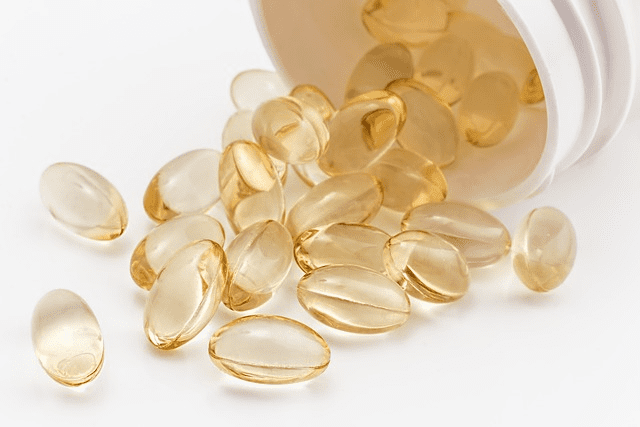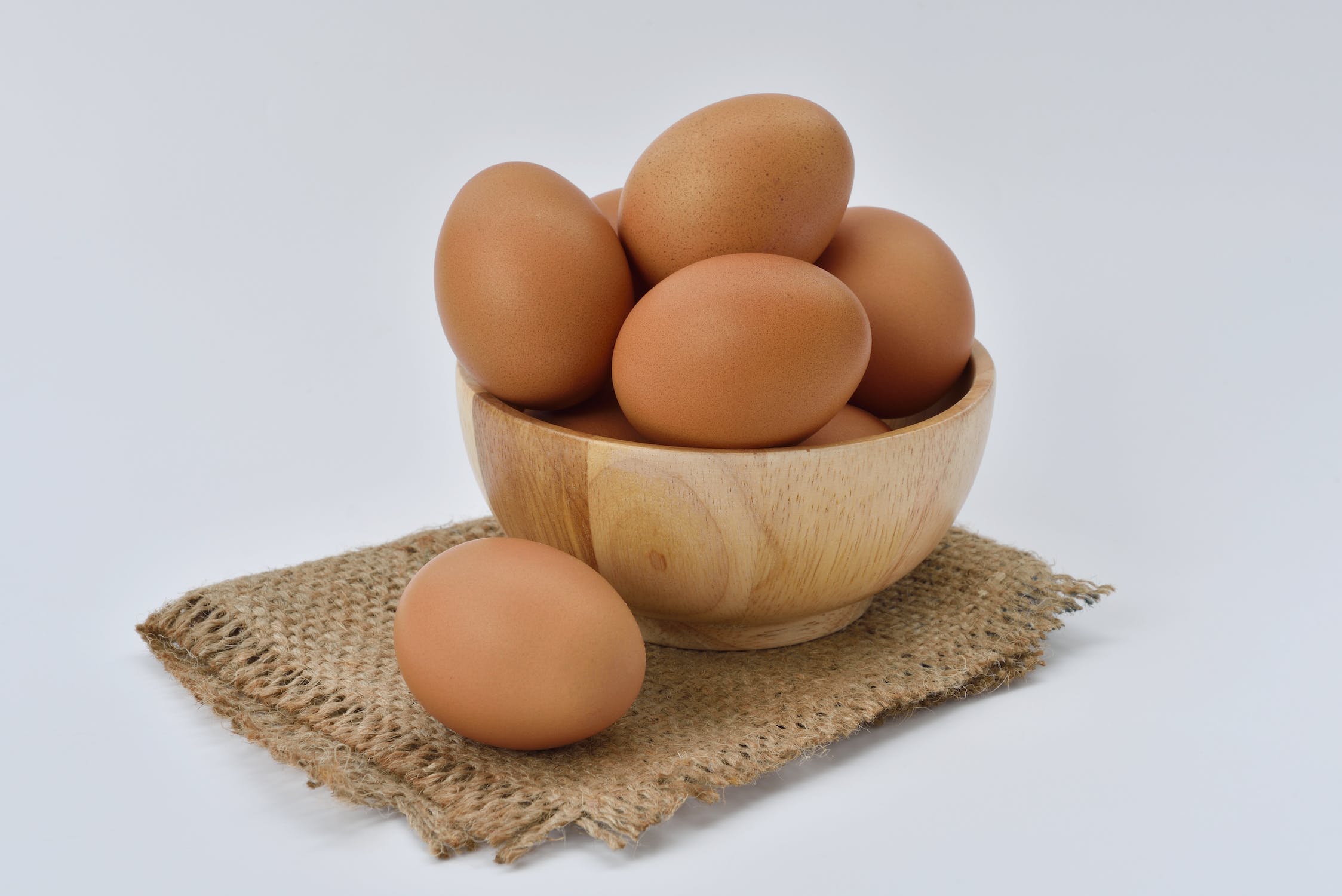Understanding the Role of Iodine in Thyroid Health
The thyroid gland is a small, butterfly-shaped gland located in the neck that plays a crucial role in regulating the body's metabolism.
Iodine is an essential trace mineral required for the synthesis of thyroid hormones, which are critical for normal growth, development, and metabolism.
The body does not produce iodine, so it must be obtained through the diet or supplements. In this article, we will explore the relationship between iodine and the thyroid, including the importance of iodine, iodine deficiency and toxicity, iodine supplementation, and the role of iodine in thyroid function, fetal development, and breast health.
Iodine and the Thyroid Gland
The thyroid gland is responsible for producing thyroid hormones, which control the body's metabolic rate, growth, and development.
The thyroid gland requires iodine to produce thyroid hormones. Thyroxine (T4) is the main thyroid hormone produced by the thyroid gland.
Triiodothyronine (T3) is another thyroid hormone that is produced in smaller quantities. T3 is the active form of thyroid hormone that has a more potent effect on the body's metabolism.

Iodine Deficiency and Iodine Supplementation
Iodine deficiency is the leading cause of preventable intellectual disability worldwide. Severe iodine deficiency can result in an enlarged thyroid gland, known as goiter, as well as an underactive thyroid gland (hypothyroidism).
The symptoms of hypothyroidism include fatigue, weight gain, cold intolerance, dry skin, and hair loss.
FURTHER READING & RESEARCH
Inadequate thyroid hormone production during fetal development and early childhood can result in stunted growth and intellectual disability.
Iodine deficiency can be prevented by consuming iodized salt or through iodine supplementation.
The recommended dietary allowance (RDA) for iodine is 150 mcg per day for adults. Pregnant and lactating women require higher amounts of iodine to support fetal brain development and breast milk production.

Excess Iodine and Iodine Toxicity
Too much iodine can also have negative effects on the thyroid gland. Excess iodine intake can cause hyperthyroidism, which is characterized by an overactive thyroid gland that produces too much thyroid hormone.
Symptoms of hyperthyroidism include weight loss, palpitations, tremors, and anxiety. High doses of iodine can also cause thyroid inflammation and increase the risk of thyroid cancer.
Iodine supplementation should be used with caution, especially in individuals with a history of thyroid disease or those taking anti-thyroid medications. The RDA for iodine is sufficient to meet the needs of most individuals and should not be exceeded without medical supervision.
Iodine and Breast Health
Iodine has also been linked to breast health. Fibrocystic breast disease is a benign breast condition characterized by the presence of lumps, pain, and swelling in the breast tissue.
Studies have shown that iodine supplementation can help treat fibrocystic breast disease by reducing breast pain and swelling. Adequate iodine intake may also reduce the risk of breast cancer.
Iodine and Fetal Development
Iodine is critical for fetal brain development. Maternal iodine supplementation during pregnancy has been shown to improve cognition and reduce the risk of intellectual disability in children born to moderately iodine deficient populations.
The fetal thyroid gland begins to produce thyroid hormone around 12 weeks of gestation. Before that, the fetus relies on maternal thyroid hormone production, which is dependent on maternal iodine intake.
Iodine Treatment for Thyroid
Iodine treatment is often used as a treatment option for thyroid cancer. Radioactive iodine (RAI) is taken up by the thyroid cells, including cancer cells, and the radiation destroys the cells.
This treatment can be highly effective, especially for differentiated thyroid cancer, but it may not work for all cases.
Iodine supplements may also be recommended to help maintain sufficient iodine levels during treatment. However, it is important to monitor iodine levels during and after treatment to prevent excess iodine intake, which can lead to toxicity and other complications.
The American Thyroid Association recommends that patients undergoing RAI treatment for thyroid cancer avoid iodine supplements and high-iodine foods for several days before and after the treatment.
It is also important to note that iodine treatment is just one aspect of the comprehensive treatment plan for thyroid cancer, and patients should consult with their healthcare provider for individualized recommendations.
MEET OUR THYROID TEAM
- All
- Endocrinology
Myths about Iodine and the Thyroid
There are many myths surrounding iodine and the thyroid. Let's take a closer look at some of the most common myths and debunk them.
Myth: Everyone needs to take iodine supplements.
Fact: While iodine is essential for thyroid function, not everyone needs to take iodine supplements.
It is recommended that individuals get enough iodine through their diet. In some cases, supplements may be necessary, but it is essential to consult a healthcare provider before taking iodine supplements.
Myth: Too much iodine is harmful.
Fact: While iodine is essential for thyroid function, excessive iodine intake can be harmful.
High doses of iodine can cause thyroid dysfunction and other health problems.
It is essential to follow the recommended daily intake of iodine and consult a healthcare provider before taking iodine supplements.
Myth: Iodine can cure thyroid disorders.
Fact: Iodine deficiency can cause thyroid disorders, but taking iodine supplements cannot cure them.
If you have a thyroid disorder, it is essential to consult a healthcare provider for proper diagnosis and treatment.
DIETARY SOURCES OF IODINE
Dietary iodine is crucial for maintaining optimal thyroid health. The recommended dietary allowance (RDA) for iodine varies depending on age and gender, with pregnant and lactating women requiring higher levels of iodine (5).
The RDA for iodine is 150 mcg per day for adults, 220 mcg per day for pregnant women, and 290 mcg per day for lactating women (5).

Iodine is naturally present in a variety of foods, including seafood, dairy products, and eggs.
Iodized salt is a common source of dietary iodine in many countries, including the United States.
However, it's important to note that not all salt is iodized, and not all foods contain iodine.
Vegetarians and vegans may be at risk for iodine deficiency if they don't consume enough iodine-rich foods.
Although iodine deficiency is rare, it's still a significant public health issue in many parts of the world.
In areas where the soil is deficient in iodine, iodized salt and iodine supplements can be used to treat and prevent iodine deficiency
Iodine Supplementation
For people with iodine deficiency, iodine supplements can be used to help restore normal thyroid function.
Iodine supplements are available over the counter and come in various forms, including tablets, capsules, and liquid drops (6).
It's important to talk to a healthcare provider before starting iodine supplementation, as too much iodine can be harmful (6).
In general, the American Thyroid Association recommends against routine iodine supplementation for individuals with normal thyroid function (5).
However, iodine supplementation may be recommended for pregnant and lactating women, people with chronic iodine deficiency, and those who consume a vegetarian or vegan diet (5).
Excess Iodine
While iodine is essential for thyroid health, too much iodine can also be harmful.
Excess iodine can cause thyroid dysfunction and may increase the risk of thyroid cancer (6).
Additionally, high doses of iodine can lead to iodine-induced hyperthyroidism, a condition in which the thyroid gland produces too much thyroid hormone (7).
The optimal dose of iodine depends on several factors, including age, sex, and overall health status.
In general, it's recommended to consume sufficient iodine but not to exceed the tolerable upper intake level (UL) of 1,100 mcg per day for adults (5).
Worried about Thyroid Health?
Iodine is an essential trace mineral that plays a vital role in thyroid health.
Iodine deficiency can lead to inadequate thyroid hormone production, which can have a range of negative health effects.
While most people in the United States consume enough iodine, iodine deficiency is still a significant public health issue in many parts of the world.
Consuming iodized salt, seafood, dairy products, and eggs can help ensure adequate iodine intake.
For individuals with iodine deficiency, iodine supplements may be recommended. However, it's essential to talk to a healthcare provider before starting iodine supplementation, as too much iodine can be harmful.
By consuming a balanced diet that includes iodine-rich foods, individuals can help support healthy thyroid function and maintain optimal health.
If you are worried about your Thyroid health, come and visit our thyroid clinic in Dubai, as part of our multi-disciplinary hospital our thyroid specialists are able to call on the full support of all of our departments including our OB/GYN and Family Medicine doctors who can help sensitive cases such as pregnant women with an evidence-based approach that relies on science and experience.
